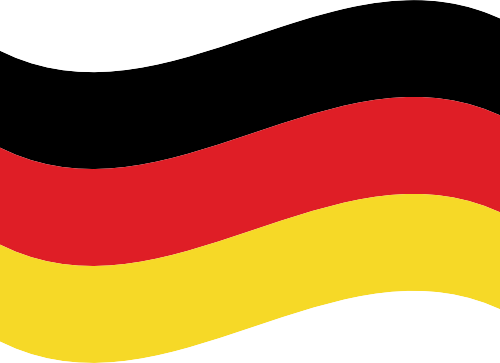- Alphadi Deutschland GmbH
- +49 561 949 189 0
- info@alphadi.org

Regression is a statistical method for analyzing the relationship between one or more independent variables and a dependent variable. In this module, you will learn to make predictions about the dependent variable by finding a function that best explains the measured data.
It is used in various fields such as economics, medicine and engineering and is based on assumptions such as the linearity of the relationship and the homoscedasticity of the residuals.
Regression is a statistical tool used to model the relationship between a dependent variable and one or more independent variables. Its main goal is to understand this relationship and make predictions about future observations based on it. Through regression, we can recognize patterns, understand trends and even investigate causalities between variables. It is a flexible and versatile analytical tool used in various fields such as economics, social sciences, medicine and engineering.

With more than 4,000 projects and case studies, Alphadi is a leader in the field of Lean Six Sigma and Sales Process Engineering. We advise you holistically so that your goals are achieved sustainably and in the long term.
2025 © All Rights Reserved.